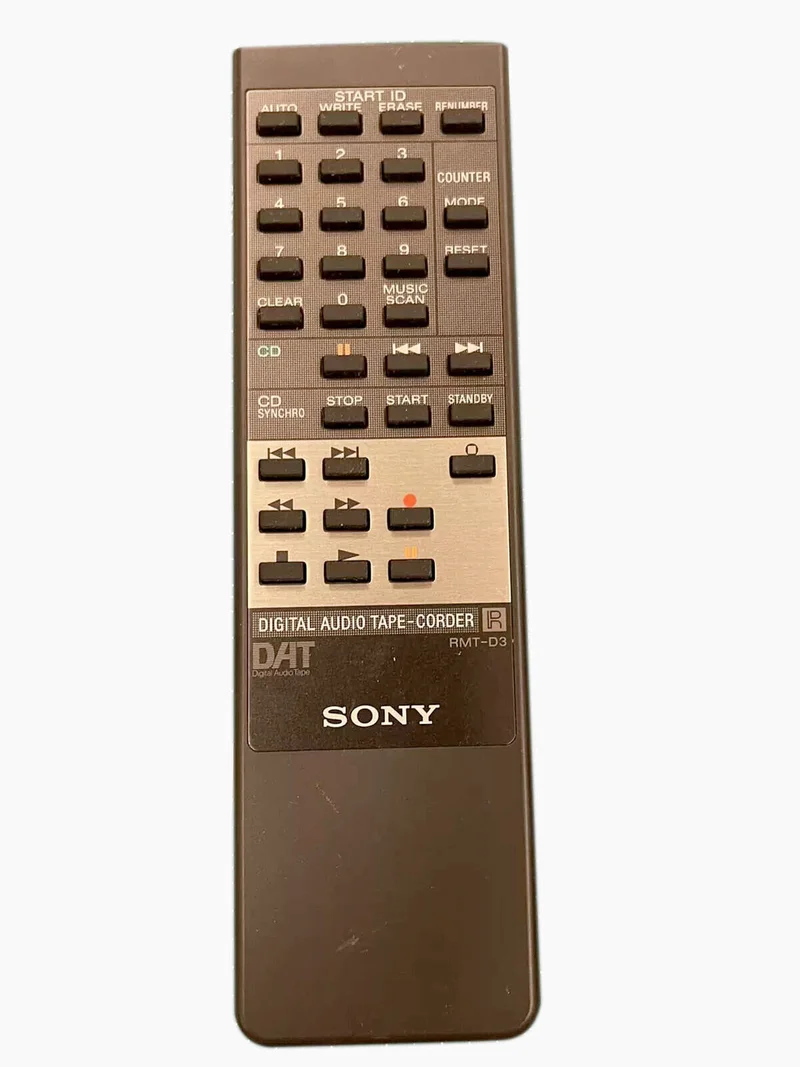I never began recording other people's music in order to spend ten-hour days working alone. The early Covid lockdown really brought that home for me. Even though I'd been mixing remotely for many years, all of a sudden all of my work was remote. I was massively grateful that I had been building up the skills needed for this model of working, and that I had trust from my clients, as well as multiple jobs coming in. But it was lonely and so unlike my many years of collaborative, everyone present, tape-based sessions in the previous decades. As life began to return to sort-of-normal, and I took on album production jobs or people booked time for other projects, attended mixing time returned.

None of what I'm talking about below is to disparage mixing without the client present. A large amount of my own day-to-day work is still performed remotely, and I'm excited and grateful to be able to mix records for clients across the globe. Sometimes I've done extensive pre-mixing solo for clients and then had them attend for just a single day as we sign off on everything and make some changes. One client – in a very democratic group – has noted how much more this process "finalizes" their albums. But, either way, there are definitely pros and cons to mixing attended or unattended.
Pros:
-A quick chat and getting a "feel" for the clients will help the mixer understand who they are and their mix needs.
-Body language can say a lot. I've felt bass players uncomfortably fidgeting behind me, and then noticed I had the bass far too low in the mix. Nothing needed to be said.
-Social interaction is healthy! It's proven to be good for the brain and may even extend your life.
-For our mental health, there's nothing quite as soul-eating as sending off a remote mix and having doubts about how it will be received. The client's feedback in the room on an attended session completely avoids that.
-Clients can bring a computer with the original sessions and grab missing files if needed.
-Instant feedback is amazing. A mixer can try an idea, turn around, and get a feel for how the artist(s) feel about the changes. New ideas can be tried out quickly, discussed in real time, and altered, kept, or tossed out!
-The amount of time doing later mix revisions drops dramatically. I have done many attended mix sessions over the last decade where no mix changes were requested afterwards, and if they did so it was very minor and easy to perform.
Cons:
-Clients might have to sit for hours while the mixer cleans up tracks and preps the session. (This can be avoided if pre-attended time is set aside for prep work.)
-The mixer might get distracted quite frequently by client's questions. (Note this in advance or gently advise later. This one is hard to avoid.)
-Some clients get pretty rowdy and noisy without realizing how loud they actually are! Clients will frequently provide input on your work before you are ready. (It's a good idea to let the client know that you will tell them when you're ready for input.)
Are you a mix engineer? If you haven't done many attended mix sessions it might be worth trying to work like this at times. The rapid flow of ideas and client satisfaction can be rewarding.
Are you an artist or home recordist? How many albums are you going to make of your music in a lifetime? Do you want to feel more invested and involved? If it is possible, maybe it's time to you consider attending your mix as well.
